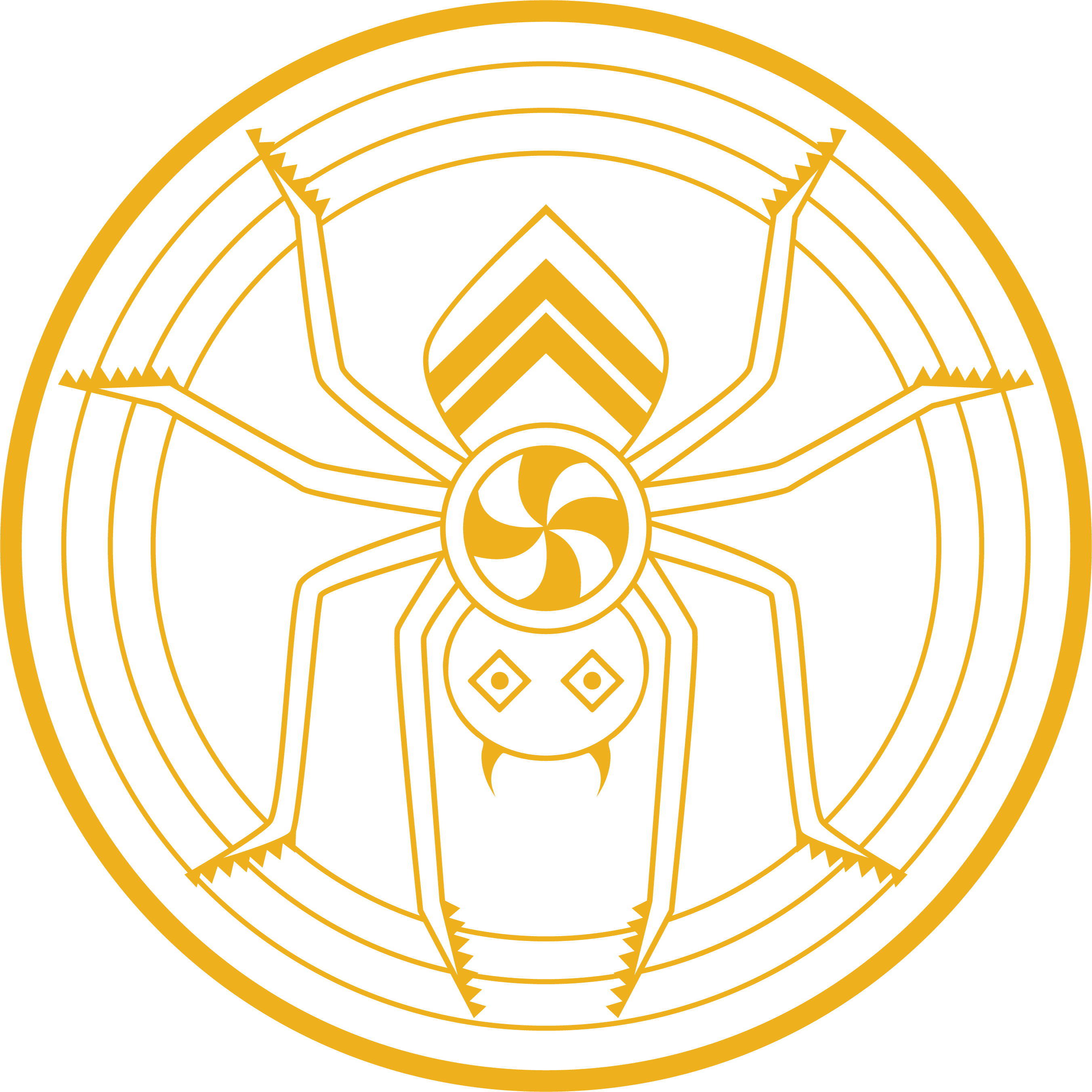MotCP
Collections & Archive
Our collection features cultural artifacts, contemporary art, documents, manuscripts, books, journals, photographs, maps, and audio-visual materials relating to the Eastern Band of Cherokee Indians.
The MotCP Education and Research Wing is open by appointment.
Please make an appointment at least a week in advance with Lily Wright at [email protected] or (828) 497-3481 ext. 1009. You may search our archival database online at Museum Online Archival Catalog.
All exhibits, restrooms, Museum Store, and Education Wing are ADA accessible. Service animals are permitted. Handicapped parking available is in front of the entrance of the Museum. Handicapped parking is available near the entrance to the Education Wing with a ramp.
A New Home for MotCP’s Collections + Archives
Construction planning is in the initial phases for a new offsite facility housing Museum collections, archives, and Tribal artifacts. The Eastern Band of the Cherokee Indians has designated land to build this facility, set to break ground in January 2025, near Kituwah, Mother Town of the Cherokee.
In addition to creating needed space for the Museum’s current holdings, a designated facility allows the Museum to grow its collections—with particular attention to works by living Cherokee artists and craftspeople—and efficiently implement a collections care policy that prioritizes Cherokee cultural protocols and American Alliance of Museums’ core standards and ethics. The site also fulfills a critical need for the Eastern Band of Cherokee Indians: making secure, designated space available for Tribal artifacts repatriated through the Native American Graves and Repatriation Act (NAGPRA). The Museum and EBCI Tribal Historic Preservation Office intend to work closely together to return known objects to Cherokee ancestral homelands.
Collections FAQs
I have something that I think is historic. How old is it? What’s it worth?
The Museum of the Cherokee People does not perform identifications, authentications, or valuations. You can find a certified appraiser at the American Society of Appraisers. An auction resource like Christie’s or Sotheby’s–or even an online auction site like eBay can help you learn more about the value of your object. In regards to archaeological artifacts, the Museum of the Cherokee People condemns the buying, selling, looting, and trafficking of illegally obtained antiquities. We therefore will not assist in the identification or authentication of any object we may have reason to believe may have been acquired or transferred in contravention of applicable law or current professional ethical standards. If you find an archaeological artifact in the field, please do not disturb the artifact in any way. Please contact the Eastern Band of Cherokee Indians Tribal Historic Preservation Office (THPO), or your local State Historic Preservation Office (SHPO) in the state where the object was found. Removing archaeological objects from the context in which they were found does irreparable damage to Indigenous communities and the archaeological site where the object was found.
How do I donate objects to the Museum of the Cherokee People?
We appreciate your interest in donating to the Museum and are happy to review the object with a staff member to determine if the object fits our collection policies. Please email a digital image of the object, and a detailed email describing the object to the Director of Collections and Exhibitions at [email protected]. The Museum of the Cherokee People Collections Committee will then determine if the object fits within the collections scope of the museum. According to our policy, the Museum will collect objects and archival materials that directly pertain to the history and living culture of the Eastern Band of Cherokee Indians (EBCI), and it’s sister tribes, the Cherokee Nation (CN), and the United Keetoowah Band of Cherokee Indians (UKB). Objects and archival materials made or created by enrolled tribal citizens of the EBCI, CN, and UKB will be prioritized for acquisitions. Please do not bring donations to the Museum unless you have a scheduled appointment with the Director of Collections and Exhibitions prior to your visit.


